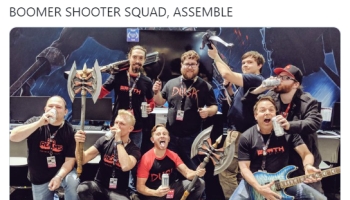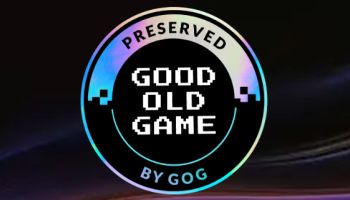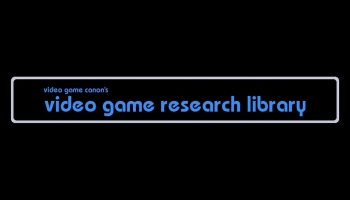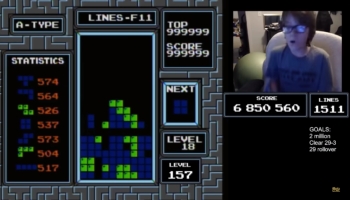
Two years ago, Koji Kondo’s “Super Mario Bros. Theme” became the first piece of music from a video game to be added to the Library of Congress’s National Recording Registry. But it definitely won’t be the last.
The National Recording Registry’s Class of 2025 was announced earlier this week, and Minecraft‘s Volume Alpha soundtrack by Daniel “C148” Rosenfeld was among the inductees. Here’s what Librarian of Congress Carla Hayden had to say about the selection:
Since its official release in 2011, Minecraft has grown into a cultural phenomenon, building its legacy as one of history’s most successful video games one voxel at a time. Key to the game’s early success is the ambient-style soundtrack, created by German producer Daniel Rosenfeld under his alias, C418. The gentle electronic score lends itself perfectly to the game’s open-ended design and sandbox environment, which invites players to interact, explore and build, free from any specific narrative constraints.
Inspired by pioneers of intelligent dance music such as Aphex Twin and the ambient music of Brian Eno, Rosenfeld’s original soundtrack to the game, compiled on the 2011 release “Minecraft: Volume Alpha,” provides a soothing and inviting backdrop to the video game’s open-world environment, creating instant nostalgia in the process. The influence of C418’s music can be traced through the proliferation of ambient scores appearing in video games since Minecraft’s initial release, as well as the cultural phenomenon of “lo-fi hip-hop,” which grew in popularity during the late 2010s and shares many of the same calming and nostalgic musical aesthetics as those found in Minecraft’s original score.
Minecraft’s soundtrack will be joined in the Class of 2025 by a wide variety of recordings, including Elton John’s Goodbye Yellow Brick Road, Tracy Chapman’s self-titled album (which includes “Fast Car”), Celine Dion’s “My Heart Will Go On”, Amy Winehouse’s Back to Black, the Original Broadway Cast Album of Hamilton, and the “Reboot Chime” from Windows 95 (which was composed by Brian Eno).









 The capital letters in GOG.com don’t stand for anything anymore, but when the digital storefront first launched in 2008, the acronym stood for Good Old Games and was meant to shine a spotlight on the company’s retro focus. In the decade-and-a-half since, GOG has positioned themselves as a competitor to Steam, often selling the same AAA titles that appear on Valve’s storefront. But their desire to be a destination for retro gaming never really went away, and earlier this month the company unveiled the
The capital letters in GOG.com don’t stand for anything anymore, but when the digital storefront first launched in 2008, the acronym stood for Good Old Games and was meant to shine a spotlight on the company’s retro focus. In the decade-and-a-half since, GOG has positioned themselves as a competitor to Steam, often selling the same AAA titles that appear on Valve’s storefront. But their desire to be a destination for retro gaming never really went away, and earlier this month the company unveiled the 






